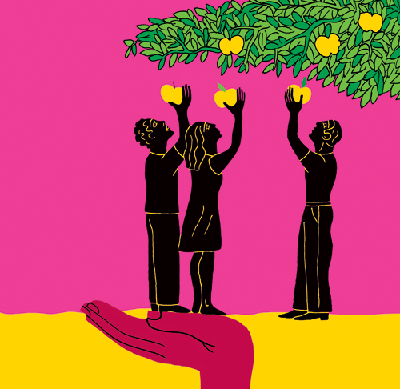Latin America’s estimated 50 million indigenous people, who make up 10 percent of the region’s population, liv in appalling conditions. They suffer endemic poverty as well as marginalization and exclusion from mainstream society. To make matters worse, the international and national legal norms intended to guarantee indigenous communties fair and equal access to justice have been largely ineffective in the region.
This is often due to overt discrimination and racism. But even where these factors do not apply, many indigenous people do not have equal access to justice. This is a result of Latin American legal systems that are poorly prepared to serve rural populations with unique languages and customs, sometimes even with their own systems of conflict resolution.
These groups suffer disproportionately higher rates of poverty than non-indigenous populations in the region. According to information produced for the 2005 UN Millenium Development Goals report, 77 percent of Guatemala’s indigenous live in poverty, compared to 42 percent of the general population. In rural areas of Panama, 98 percent of the indigenous population is poor and 90 percent is extremely poor…
View the endnotes for this article.





